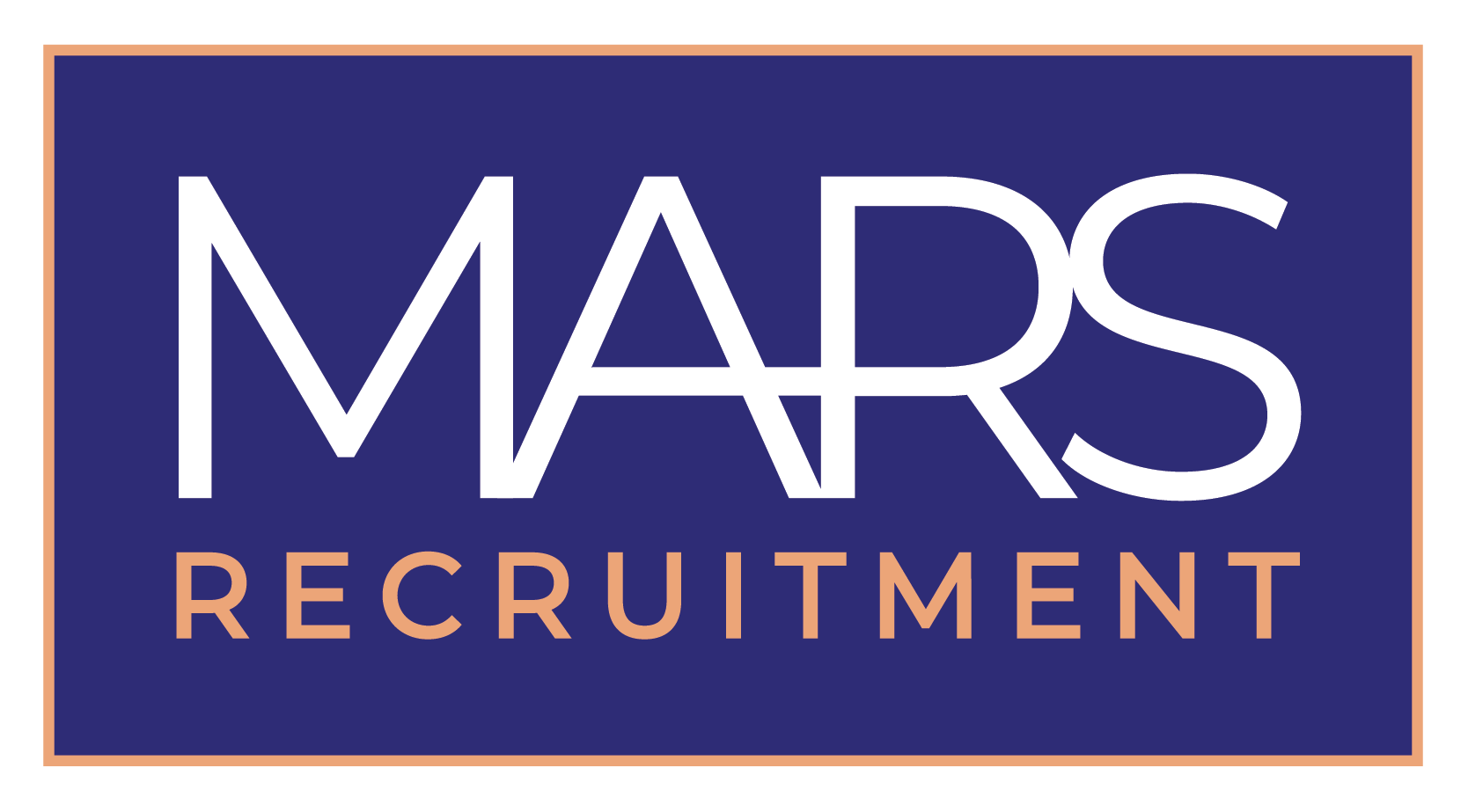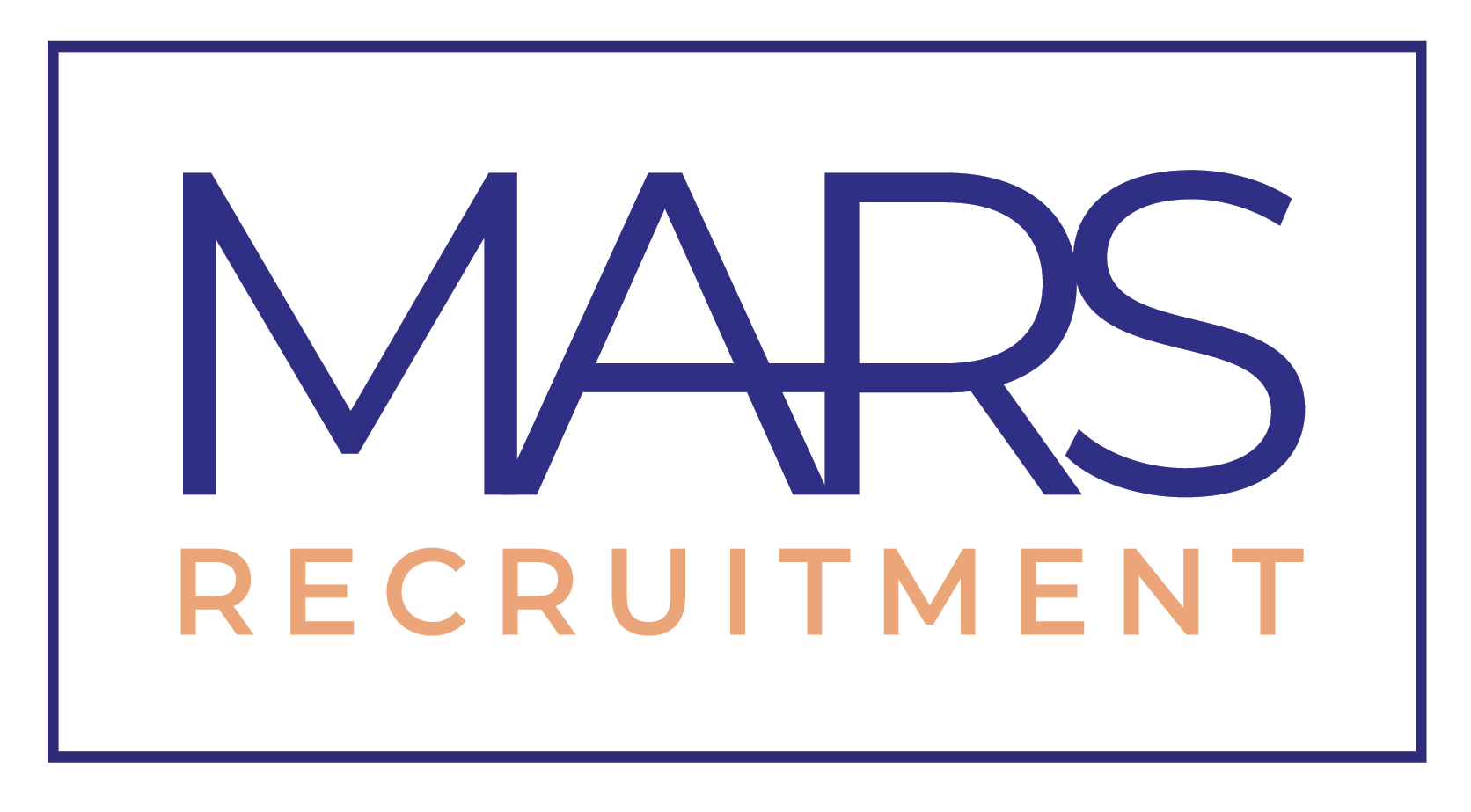The employment market has undergone significant shifts since the salary booms of 2021 and 2022. Back then, job changers experienced major pay increases as companies scrambled to attract talent amidst fierce competition. However, today’s landscape is markedly different, with pay growth for job changers at its slowest in over three years. This shift has led to a misalignment between the expectations of hiring managers and job seekers, which can result in frustration on both sides.
At MARS Recruitment, we frequently encounter this mismatch in the Australian job market, where employers are now more conservative with salary offers, while job seekers are still holding out for large pay increases reminiscent of the pandemic years.
The Employer’s Perspective: It’s Still Competitive
Many hiring managers perceive the current market as an employer’s one—believing they have more leverage during salary negotiations. However, Roisin Coffey, principal consultant at MARS Recruitment, states, “Many hiring managers believe it’s an employer’s market and think they have an upper hand when it comes to salary negotiations. Job seekers are still expecting the big salary jumps of 2021/2022 to continue.” This perception does not align with today’s conditions.
While the pace of salary growth for job changers has slowed, employers must remember that to attract and retain high-quality candidates, offering competitive salaries is still crucial. Candidates leaving their roles may be less motivated by significant pay jumps, but they are still expecting fair compensation that aligns with the current market.
Advice for Employers:
- Stay Competitive: Offer salaries that reflect the value of the talent you’re seeking to attract.
- Focus on More than Salary: Competitive compensation packages now often include benefits such as flexible working arrangements, health and wellness programs, and professional development opportunities.
The Job Seeker’s Perspective: Adjusting Expectations
On the flip side, many job seekers still hold the expectation that they can secure large salary jumps when switching roles. This belief can lead to disappointment and missed opportunities when their expectations do not align with the current market.
It’s important for job seekers to understand that today’s market has shifted. While switching jobs remains a good way to advance your career and increase your earnings, the substantial salary increases of recent years may no longer be realistic.
Advice for Job Seekers:
- Research the Current Market: Ensure your expectations are realistic based on current salary trends.
- Consider the Full Package: Look at the total compensation package, including benefits, flexibility, and opportunities for career development.
Finding a Middle Ground
To bridge the gap between employers and job seekers, both parties must take a more realistic and informed approach to salary expectations. Roisin Coffey advises, “Employers and job seekers need to meet somewhere in the middle.”
To attract top talent, employers must remain competitive with salaries, even in today’s market. Job seekers should assess their expectations against the current market realities, recognising that holding out for inflated salary increases may keep them stuck in their current roles.
The disconnect between employers and job seekers in terms of salary expectations is one of the biggest challenges in today’s recruitment landscape. By staying informed and adjusting their expectations, both sides can navigate the current market more effectively. At MARS Recruitment, we are committed to helping businesses find the talent they need while assisting candidates in finding the right opportunities.
If you’re seeking advice on hiring or looking for your next career move, get in touch with our team of recruitment specialists today.
[DISCLAIMER] The information provided in this article is for general, informational purposes only and should not be construed as professional advice. Individuals are encouraged to seek guidance from qualified career coaches or advisors when navigating career transitions.



